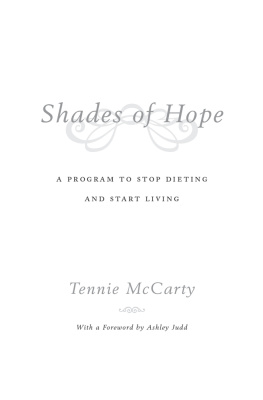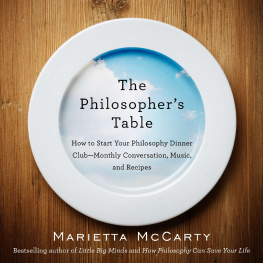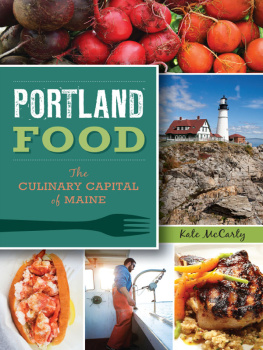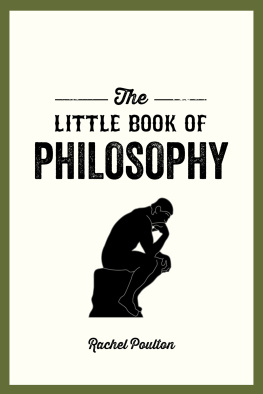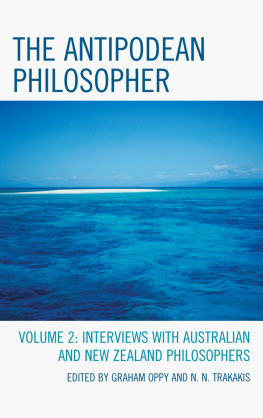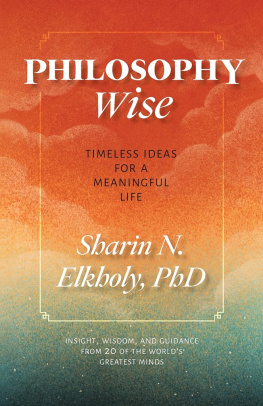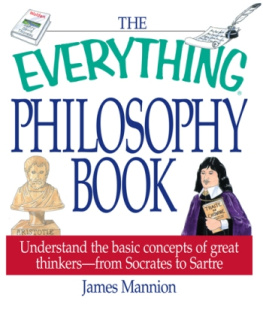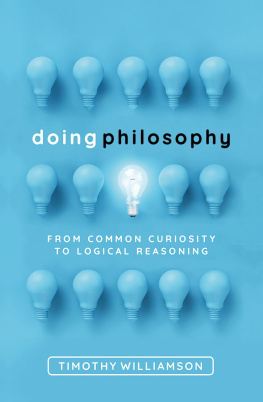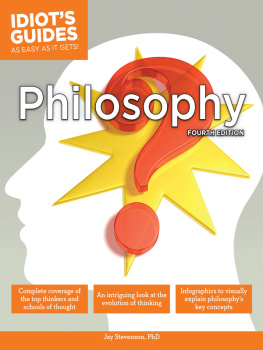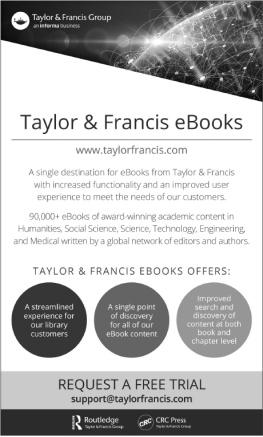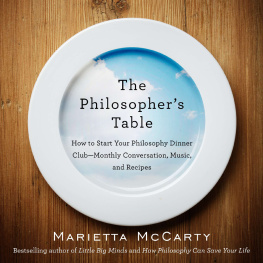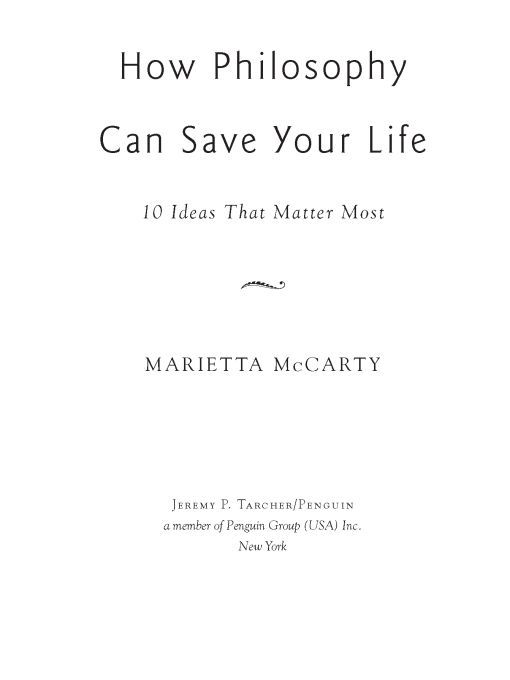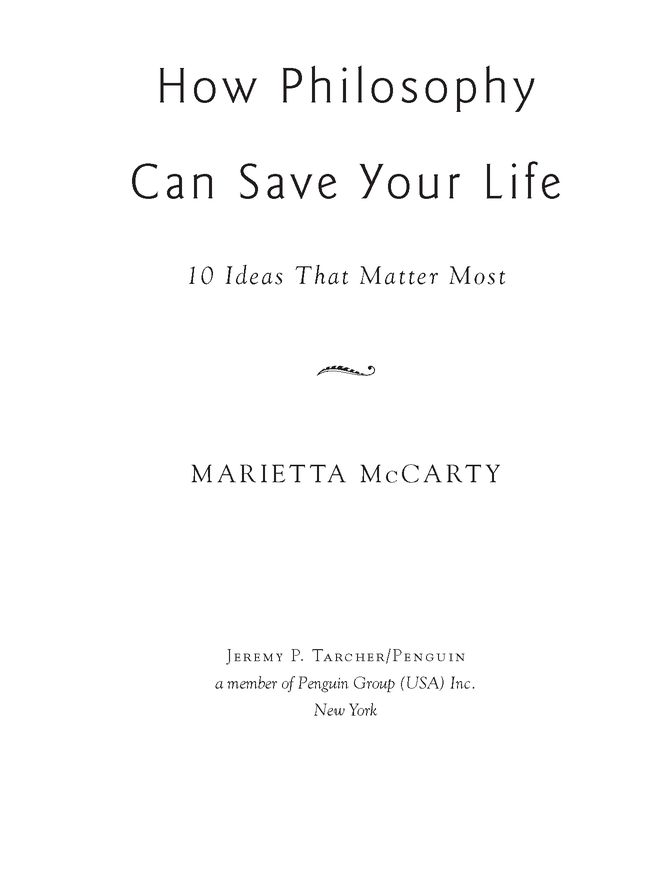Table of Contents
ALSO BY MARIETTA MCCARTY
Little Big Minds
FOR JUNE
my mother and hands-up favorite philosopher
Welcome
What is the good life? For more than twenty years I have been asking philosophers of all ages and in every imaginable setting this question. The answer so poignantly given by Joe, one of my fatigued and bedraggled college students, sums up the most common response as well as my motivation to write How Philosophy Can Save Your Life. Good living for me means having the time to actually think and make my ideas coherent, instead of feeling forced to react on impulsequickly and not very intelligentlyto everything in my life.
Wherever my philosophical travels take me, I sense a similar eagerness. So many of us are longing for richer, more vibrant emotional and mental lives. Were tired of running in circles, flitting from one barely finished task to another in the pursuit of things that likely dont matter all that much. Sadly, while were busy spinning, curiosity and awe are cast aside. All too often, we do not take the time to think and therefore have little idea what it is that we need for the good life.
Ideas are the building blocks of our livesthey help us find our way and know what really matters. The good news is that the prospect of slowing down to discover the lasting benefits of clear thinking, quiet introspection, and, of course, good conversation is drawing more and more new philosophers together in living rooms, on back porches, around picnic tables, and at libraries and community centers every day. This book is an invitation to join them.
In thinking about writing How Philosophy Can Save Your Life, I quickly understood that my first task presented the biggest challenge. What ten ideas, if clearly understood and integrated into daily life, can weave together the threads for good living? In a world brimming with ideas, where should I begin? End?! I walked with human and canine friends, talked and pondered, and walked some more. Of all the possible ideas to consider, which ones are absolutely essential for us to understand? Not surprisingly, questions, the calling cards of philosophy, served as my trusted guides. I asked a lot of questions and listened to many more. I recalled the concerns that surface year after year in my philosophizing circles. I could hear the echo of certain thoughts, whether in mixing with my college students, sitting in tiny chairs with child philosophers around the country, or participating in philosophy clubs from Olympia, Washington, to Marblehead, Massachusetts, to Fairfax, Virginia. What simple pleasures in life am I neglecting? Why is honest communication so hard for me? When will I learn not to give in to the crowd? Where did I lose my youthful spontaneity? How can I flow better with changing circumstances? At last, I was satisfied; I picked my top ten.
Philosophy, the art of clear thinking, is not, at least at first, a call to action. It is a wake-up call to think. Philosophy announces that it is spring-cleaning time for our mental and emotional houses.
Intimidated by the expertise of professional experts, we often, unnecessarily and unfortunately, lose the confidence that we can recite a poem and then interpret it in our own way, listen to classical music and appreciate it just as it sounds to us, talk about a landscape painting without the correct terminology.... Be bold and up for adventure! The ability to philosophize may seem the most daunting of intellectual pursuits. The truth: its not. If you can carve out the time and space, philosophy is yours for the asking.
Much good comes from private reflection and cultivating ones sense of wonder in solitude. But there is something uniquely energizing in launching a lunchtime conversation about Camus belief in human solidarity, or reciting an intriguing lyric from a Led Zeppelin tune to instigate casual musings that can light the spark of philosophy at a party. Dialogue is central to the practice of philosophy. We rely on one another to challenge our assumptions; we grow as we share our discoveries. And, while the solitary reader can dig deep into the ten ideas and benefit from introspection through reading How Philosophy Can Save Your Life, this book is perfect for group philosophizing. So gather round. Its time to enter the real chat room and reap the rewards of minds and hearts opened and expanded by asking good questions, by sharing personal experiences, and ultimately by using your findings day by day.
One aspect of philosophizing that many find refreshing and appealing is that it does not lay blame, tell you what to do, or make demands. In this spirit, How Philosophy Can Save Your Life spreads before you a banquet of ideas and approaches, ancient and modern, Eastern and Western, and leaves you with all the necessary utensils to sample every dish. Where you return for a second helping, what you want to take home with you, and which new tastes were hard to swallowits up to you. Are you one of the prisoners in Platos Cave? Do you accept Simone de Beauvoirs challenge to map out the future you desire? Have you intentionally manufactured drama and difficulty in your life as Charlotte Joko Beck hints? See what fits and wear it well.
I know full well whats in store for you because it is what happened happily for me while writing How Philosophy Can Save Your Life. What a pleasure it was to talk through ideas at a leisurely pace and share with my friends some ways that we might put our new insights to good use. I reread favorite books and dove into ones that had been waiting on the shelf. I scavenged for much-loved poems and was pleased all over again, reading them aloud in return for friends recitation of their treasured verses. Oh, and the fun we had listening to music of all kinds and chatting about its unique way of imparting soulful wisdom.
Certain themes recurred with insistent force throughout the book. The sheer beauty of the natural world, the silliness of self-importance, the danger of unchecked materialism, the priority of self-improvement, the necessity for gratitude, the hunger for relationship, the desire for a less fearful life.... Lifelong and first-time philosophers concur: we know some things to be true. And if we trade in our mental and emotional baggage for clear thinking, we can earn more loving and more fulfilling days.
Yes, the good life is yours for the asking. When asked by my mother what he had learned in my philosophy classes, another one of my college students, Mick, smiled and then worded his answer with care: Its the sort of thing that doesnt hit you right away. Then you realize its working big-time. I hope it hits you sooner! I want for you what philosophy continues to feed me: a mind full of ideas that light the path to good living.
USING THE BOOK
This book consists of ten chapters, one for each of the ten ideas. In every chapter, we first explore the given topic and its significance, and then we meet two philosophers whose work lends itself especially well to an investigation of the concept. Discussion questions followwhat I hope to be a lifetimes supply!guaranteed to stimulate immediate conversation. Next, you dive, well prepared, into the fun of homework assignments unlike any you endured in school. These quite enjoyable activities include samplings of engaging prose, poetry, music, theater, and film that will continue to broaden your conversation about the concept in a new way. Suggestions for individual and group activities and a list of resources complete each chapter.


